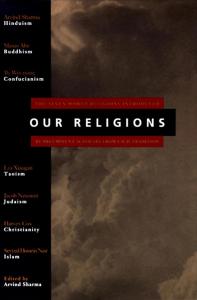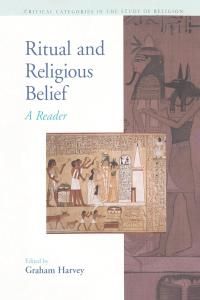A Critique of Richard Dawkins’ The God Delusion
Richard Dawkins (born March 26, 1941, in Nairobi, Kenya) is an evolutionary biologist, ethologist, and writer. He holds a D.Phil. in zoology from Oxford University. He has authored a series of influential books on evolution and science, emerging as a prominent voice in both the modern science and atheism communities. Dawkins first attracted attention with his book “The Selfish Gene” (1976), which introduced the gene-centric view of evolution and popularized the term ‘meme.’ His articles often blend complicated science with literary flair, aiming to render complex concepts palatable to the general public.
In The God Delusion (Mariner, 2008), Dawkins combines his biological expertise with his personal beliefs, brazenly asserting atheism and criticizing religion. The book reflects contemporary battles over science and religion, and the public’s increasing interest in atheism.
The God Delusion is structured around Dawkins’s argument for the absence of a supernatural god, promoting atheism with science, evolution, and ethics. Not only does it champion a more scientific worldview, but it also has chapters that battle religion, the ethical implications of faith, and the text of scripture itself.
Critical Analysis
Dawkins’s style in The God Delusion is entertaining and provocative. His writing is known for making complex science accessible. He dubs religion a ‘pernicious delusion’, claiming it’s not just unscientific but the source of much of society’s ills, including war, oppression, and terrorism. This thesis has earned him both admirers and mockery — admirers praise him for defying orthodoxy. At the same time, critics say he’s abrasive and dismissive of religion’s social and existential utility.
One of the book’s main points is that the intricacy of the universe, life, and so on does not suggest a creator. Dawkins refers to the “God hypothesis” as a scientific theory that must be scientifically tested. He draws a contrast between evolution’s contingency and natural selection on the one hand and a creator on the other, noting that the latter gives no explanatory advantage. His brilliant destruction of creationism and intelligent design shows how science excoriates religion.
Critics claim Dawkins’s view of religion is too simplistic. He routinely conflates all religion with religious fundamentalist extremism, forgetting the nuanced and good aspects of faith that provide community, moral guidance, and solace. Others may be irritated by his wholesale dismissal of the societal and psychological utility of religion as a lacuna, reducing complex belief systems as mere delusions, without acknowledging their multiple roles in human existence.
Dawkins also explores atheism’s ethics, declaring that goodness can arise without God’s command. His argument that morality is evolutionary, not religious, takes the wind out of the sails of the notion that religion has a monopoly on morality. And while bolstered by several examples of secular ethics, this implicit indictment of religious morality raises questions about cultural relativism and the origins of ethical systems.
Another hot button in “The God Delusion is the religion’s inoculation of kids. Dawkins contends that indoctrinating kids into a religion is child abuse because it stunts their ability to think independently and critically. This assertion, while stirring, can also appear insensitive — it discounts the affectionate urge of parents to pass on the faith that molded them and courts accusations of irrelevance toward individual and familial heritage.
But the book’s reverberations extend well beyond philosophy and science, sparking political and social controversy in societies where religion is deeply rooted. It’s also become a battle cry for New Atheism, igniting debate over religion and rationality. But the knee-jerk reactions it provokes highlight the firmly entrenched beliefs surrounding religion, and Dawkins’s sometimes abrasive style threatens to alienate moderate believers who could otherwise be persuaded.
Conclusion
In a nutshell, The God Delusion is provocative scholarship that challenges holy beliefs even as it promotes a rationalist worldview. Although Dawkins crafts a convincing scientific argument, his dismissal of religion’s profound, life-affirming personal experiences and benefits limits his critique. The book is invigorating and thought-stretching, but it’s also vulnerable to attack for its broad assertions and estranging tone. It was both a paean to reason and an appeal to atheism, leaving readers to parse the fraught relationship among faith, reason, and morality in the modern world. In the end, “The God Delusion” is a valuable contribution to our current discussion of science and religion. Still, it also underscores the fissures in the bridge between the two realms.






